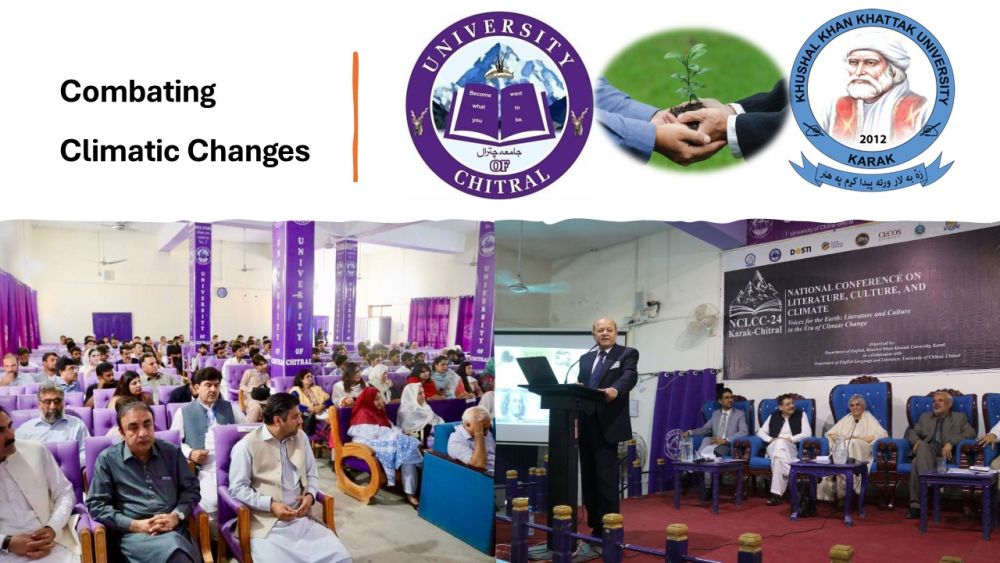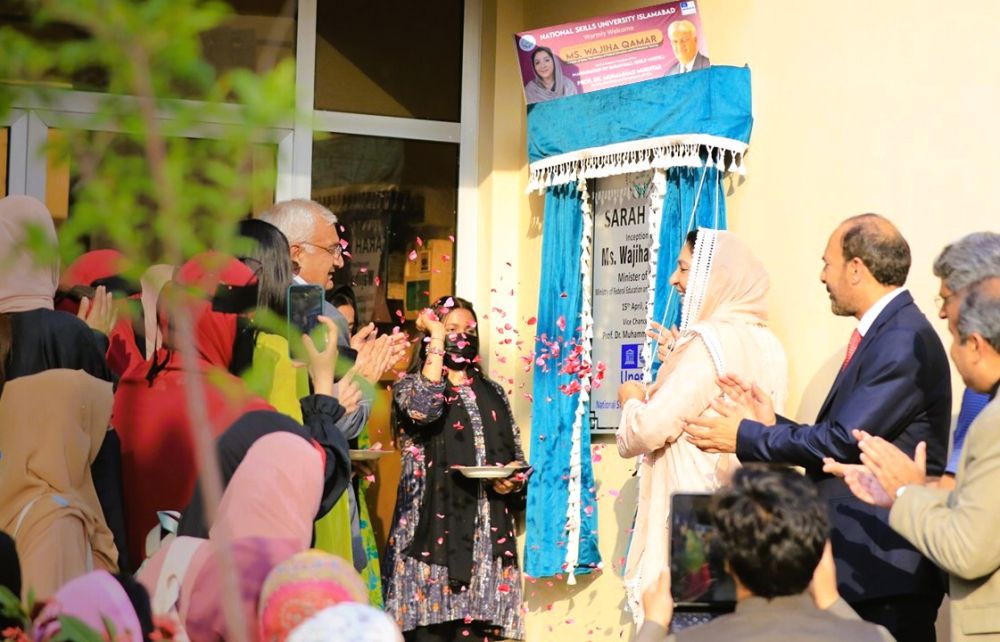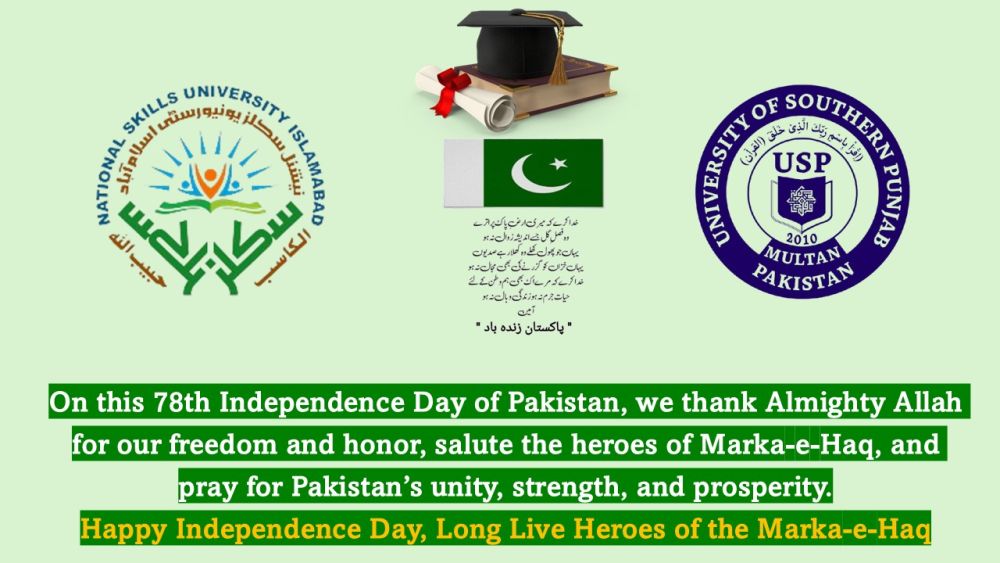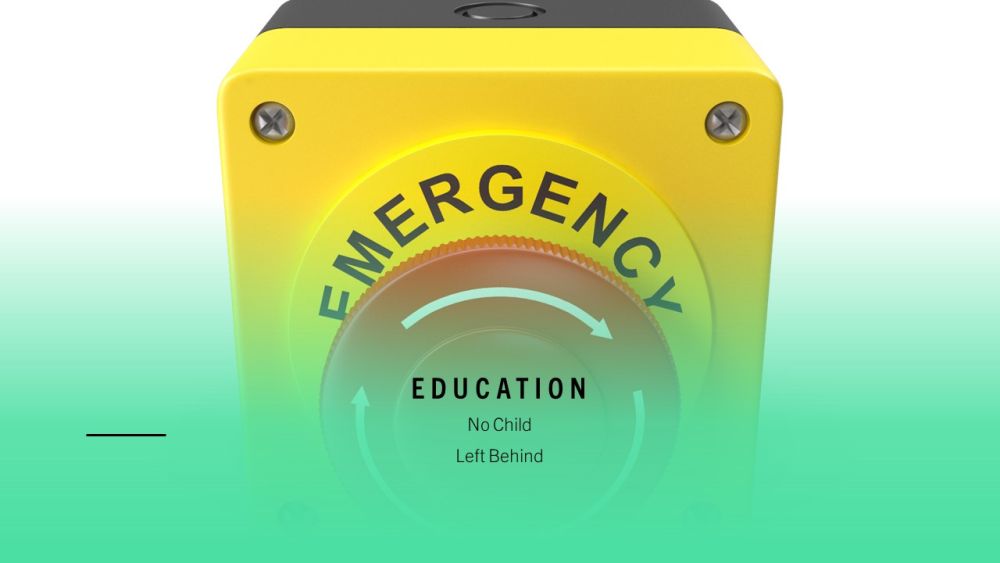Hilal Talks and the Academic Awakening: A National Dialogue for Unity and Progress
Posted 7 months ago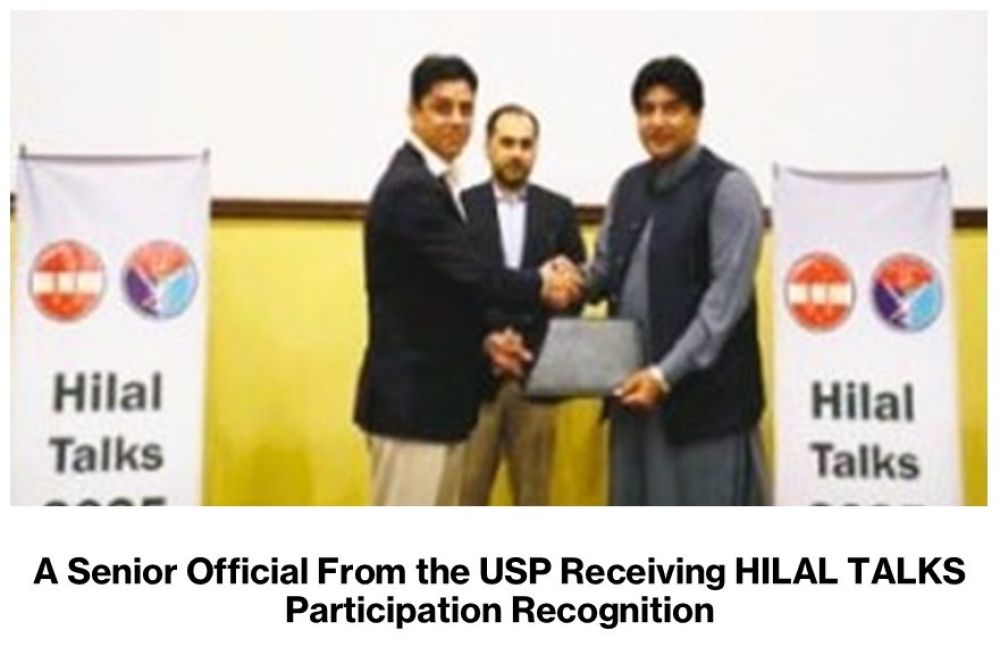
Chief of Army Staff (COAS) Field Marshal Syed Asim Munir, NI (M), presided over the prestigious Hilal Talks. This evolving forum now stands as one of Pakistan’s most meaningful platforms. He addressed to over 1,800 members of Pakistan’s academic elite, including vice-chancellors, senior faculty members, principals, and thousands of students, united by their shared investment in Pakistan’s intellectual and national future.
Among the prominent voices was the University of Southern Punjab, whose delegation represented the youthful, reform-driven spirit of South Punjab. With its rapid institutional evolution and expanding academic footprint, the university’s participation was more than symbolic. It was strategic, reaffirming the region’s rising stake in Pakistan’s educational, social, and national security narratives.
Academia and the Armed Forces
The Hilal Talks, organized under the patronage of the Inter-Services Public Relations (ISPR), were not merely ceremonial. It was a deliberative and, at times, candid interaction marked by discussions on national security, knowledge economy, regional development, and the urgent need for critical thinking across educational institutions.
The COAS, speaking with candor and vision, invited academia to step out of the confines of conventional pedagogy and act as engines of national reform. “We need to move towards a knowledge-driven economy, built on organic ideas and Indigenous solutions,” he said, underscoring the imperative for universities to become centers of innovation and societal cohesion.
The Director General of ISPR added a reinforcing voice to this academic call, recognizing the role of educational institutions in shaping national perceptions, fostering harmony, and driving inclusive growth.
University of Southern Punjab Participation in Hilal Talks
The University of Southern Punjab, headquartered in Multan, the cultural and educational hub of Southern Punjab, is a pioneer and flagbearer for private-sector education. Its senior administration reflected on the institution’s role with optimism and purpose, stating that “such interactions must become more frequent if we are to synergize Pakistan’s intellectual and defense potentials truly.” According to the University of Southern Punjab Rector, he was a beneficiary of the National Cadet Corps (NCC) training during his college life, which was an impressive experience.
NCC: Reviving a Forgotten Legacy of Youth Empowerment
The reference to the National Cadet Corps (NCC) in the university’s response was impressive. For decades, NCC served as Pakistan’s quiet but impactful revolution in student character-building. Designed as a voluntary organization, it introduced school and college students to basic military training, civic engagement, and the ethos of disciplined citizenship.
Cadets trained in drill, fitness, leadership, and national service, often participating in social welfare and disaster response efforts. Beyond the physical regime, it instilled values, such as discipline, punctuality, courage, and integrity, that shaped responsible citizens, regardless of their career paths. For many, NCC served as a moral compass and a bridge to the defense services.
Today, as Pakistan stands at the crossroads of demographic transition and ideological confusion, a reinvigorated NCC program could serve as a vital glue in national cohesion. It’s no wonder that academic leaders, especially those from institutions like the University of Southern Punjab, are now advocating for its revival, not as a militaristic endeavor but as a national investment in youth character and unity.
Hilal Talks: A New Civic Order
What makes the Hilal Talks distinctive is their ambition: to transcend the ivory towers of academia and the cantonments of defense and instead build a common platform for collaborative nation-building. It signals a shift from siloed functioning to an integrated approach to national development.
In these times of geopolitical uncertainty and internal division, the Hilal Talks offer more than just a platform for dialogue. They provide a democratic space, one where the pen and the sword complement each other in service to the nation.

